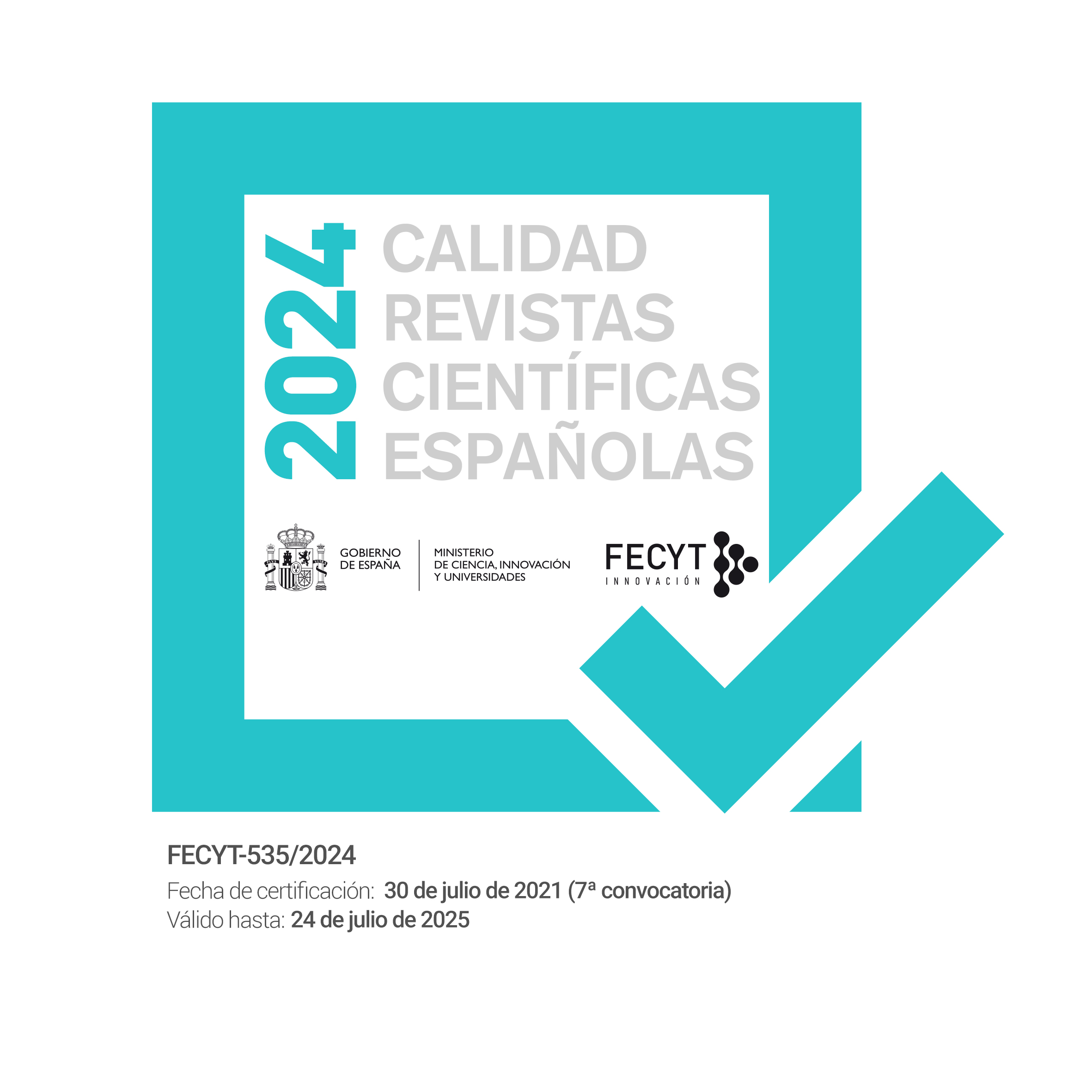Aims and Scope:
Iberoamerican Journal of Development Studies publishes high quality multidisciplinary research on development, understood as the social, economic, political, cultural and technological process of change. This kind of development has to provide more and fair equality of opportunities to everyone, and thus to enable the development of all its potentials. It has also to preserve for future generations the access and use of natural resources, environment and cultural heritage.
Papers can have a theoretical, empirical, or public policy focus. They have to present the results of original research, with clear arguments, empirical evidence and a high quality writing style.
The intended audience of the journal includes development academics, researchers and practitioners in a multidisciplinary scope. This scope includes Legal and Social Science, Health Science, Fundamental Science, Arts and Humanities, or Engineering and Architecture.
The Journal is jointly pubished by the Chair of Solidarity and Global Citizenship, based at the Universidad de Zaragoza (Spain) and the Spanish Network of Development Studies (REEDES). The editorial board consists of the editors-in-chief, some associate editors, and the editorial advisory board. The editors are responsible for the editorial and scientific policy of the journal, as well as for the coordination of the editorial process. Prestigious international researchers sit on the editorial advisory board, with the aim of advising the editors.
Both the publication for authors and access to the articles for readers are completely free of charge.
The journal publishes two issues per year. Manuscripts sent for publication may be written either in English or Spanish. Spanish manuscripts have to provide English title, summary and keywords.
Manuscripts are subject to a double blind referee process. Referees are external experts, and do not belong to the editorial board or the publisher of the journal. Blind referees assess the originality, relevance and scientific quality of the contribution. They will communicate their editorial decision to the editors.







